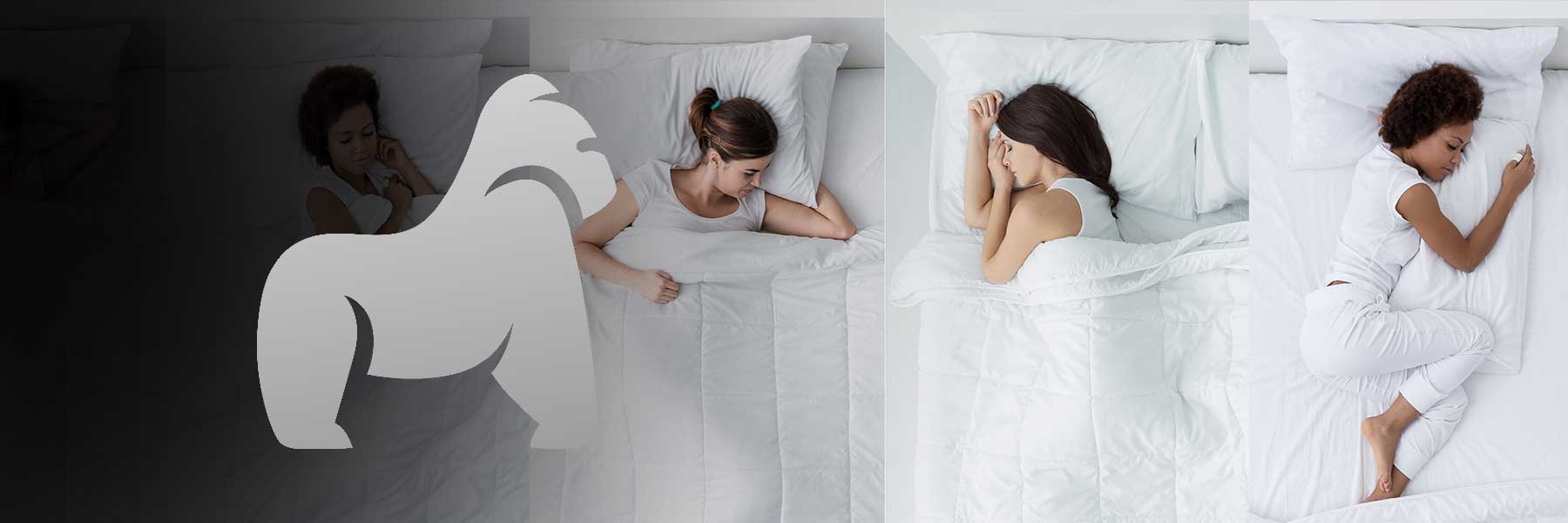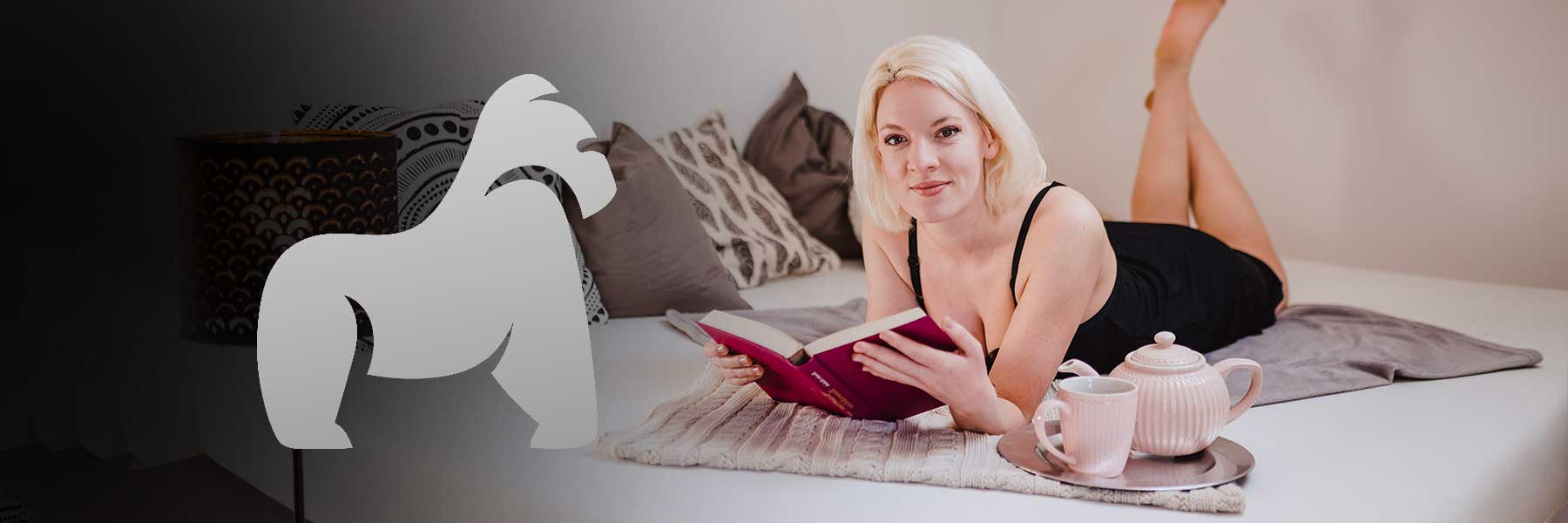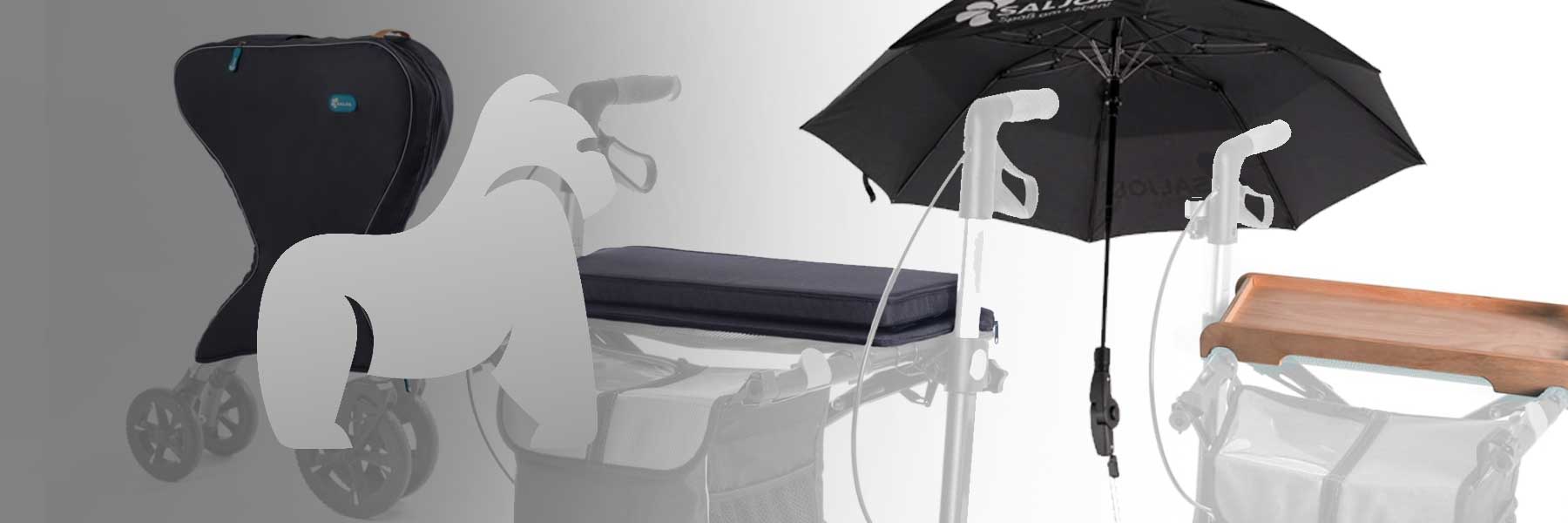
Master Side Sleeping: A Comprehensive Guide to Comfort and Support
Side sleeping is one of the most common sleeping positions favored by a significant portion of the population. While it offers numerous benefits, such as reducing snoring and alleviating symptoms of sleep apnea, side sleeping also presents challenges, especially regarding comfort and support. In this comprehensive guide, we will explore 10 essential tips to help side sleepers achieve optimal comfort and support for a restful night's sleep.
Understanding Side Sleeping
Before we dive into the tips, let's take a closer look at side sleeping and why it is such a common sleeping position. When side sleeping, one lies on one side of the body, with the torso and legs relatively straight. This position is preferred by many people because it supports the natural alignment of the spine and offers potential health benefits, including improved digestion and reduced snoring. However, side sleeping can also lead to issues such as neck and shoulder pain if not properly supported.
Benefits of Side Sleeping
Side sleeping offers several benefits that contribute to overall well-being. One of the main advantages is improved spinal alignment, as side sleeping keeps the spine in a neutral position. This can reduce pressure on the back and lower the risk of spinal deformities or discomfort. Additionally, side sleeping can help reduce symptoms of sleep apnea and snoring by keeping the airways open and decreasing airway obstruction.
Common challenges for side sleepers
Although side sleeping has its advantages, it also presents challenges. Many side sleepers struggle with issues such as neck, shoulder, and hip pain due to inadequate support or improper alignment. Additionally, side sleeping can worsen existing conditions like acid reflux or sleep apnea if not properly managed. Understanding these challenges is essential to finding solutions that contribute to better sleep quality and overall comfort.
10 Tips for Side Sleepers

Tip 1: Choose the right pillow
One of the most critical factors for side sleepers is choosing the right pillow. Unlike back or stomach sleepers, side sleepers need extra support to maintain proper spinal alignment. Therefore, it is important to select a pillow specifically designed for side sleeping. Look for a pillow with higher filling that fills the space between your head and mattress and provides adequate support for your neck and shoulders. Memory foam or latex pillows are excellent options as they conform to your body shape and offer personalized support.
Tip 2: Support your neck
In addition to choosing the right pillow, it is crucial to ensure proper support for your neck while side sleeping. Your pillow should fill the space between your head and the mattress and keep your neck in a neutral position. Avoid pillows that are too high or too low, as they can strain the neck muscles and cause discomfort. Experiment with different pillow heights to find the optimal level of support for your neck while side sleeping.
Tip 3: Invest in a body pillow
Body pillows can be a real help for side sleepers as they provide additional support and alignment for the entire body. By placing a body pillow between your knees while sleeping on your side, you can align your hips and reduce pressure on your lower back. Body pillows can also support your upper body and prevent you from rolling onto your stomach during the night. Invest in a high-quality body pillow that offers firm support and adapts to your body shape to provide maximum comfort.
Tip 4: Choose the right mattress
The mattress you sleep on plays a vital role in your overall comfort and support, especially as a side sleeper. Look for a mattress with medium to firm support that aligns your spine and relieves pressure points. Memory foam or hybrid mattresses are excellent options for side sleepers because they conform to your body shape and reduce pressure on hips and shoulders. Test different mattresses to find the perfect balance of comfort and support for your side-sleeping needs.
Tip 5: Maintain proper spinal alignment
Proper spinal alignment is crucial to avoid discomfort and promote better sleep quality while sleeping on your side. Keep your spine aligned by forming a straight line with your head, neck, and spine. Avoid tucking your chin to your chest or tilting your head too far back, as these positions can strain your neck and upper back muscles. Use pillows to support the natural curve of your spine and ensure correct alignment throughout the night.
Tip 6: Experiment with pillow placement
Finding the perfect pillow placement can make a significant difference in your comfort and support when sleeping on your side. Experiment with different pillow placements to find what works best for you. For example, try placing a pillow between your knees to align your hips and reduce pressure on your lower back. You can also place a small pillow under your waist to provide extra support and comfort. Don't hesitate to try different configurations until you find the setup that is most comfortable for your side-sleeping needs.
Tip 7: Stretch before going to bed
Incorporating gentle stretching exercises into your bedtime routine can help loosen tight muscles and improve flexibility, making it easier for you to find a comfortable sleeping position. Focus on stretching your neck, shoulders, hips, and lower back muscles to release tension and prepare your body for sleep. Avoid intense or vigorous stretches, as these can stimulate your body and make it difficult to relax. Instead, concentrate on gentle movements that promote relaxation and relieve muscle tightness.
Tip 8: Consider your sleep environment
The surface you sleep on can have a significant impact on your comfort and support when side sleeping. Avoid sleeping on overly soft surfaces that cause your body to sink, as this can lead to misalignments and discomfort. Opt for a firm mattress with a supportive base to maintain proper spinal alignment and avoid pressure points. If your mattress is too firm, you can add a mattress topper for extra cushioning and comfort.
Tip 9: Listen to your body
Every body is unique, so it is important to listen to it and make adjustments as needed. Pay attention to how your body feels when side sleeping and make appropriate changes. If you experience discomfort or pain in certain areas like the neck, shoulders, or hips, try different pillow or mattress arrangements to relieve pressure and improve support. Experiment with various sleep positions and pillow configurations until you find what works best for you.
Tip 10: Stay consistent
Establishing a consistent bedtime routine and sleep environment is crucial for better sleep quality as a side sleeper. Try to maintain the same pillow and mattress setup every night to support your body's natural alignment and enhance comfort. Avoid sudden changes in your sleep position or environment, as this can disrupt your sleep patterns and cause discomfort. By staying consistent, you can optimize your side sleeping experience and wake up refreshed and rejuvenated every morning.
Conclusion
Side sleeping offers numerous benefits, but it is important to prioritize comfort and support to ensure a restful night's sleep. By following these 10 tips, side sleepers can achieve optimal spinal alignment, reduce pressure points, and improve overall sleep quality. Whether you invest in a new pillow or adjust your sleep environment, small changes can have a significant impact on your comfort and well-being as a side sleeper. Here's to mastering side sleeping and enjoying the many benefits it offers!




































